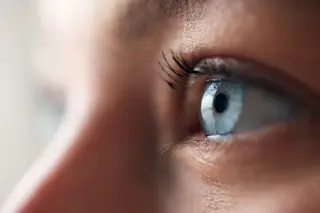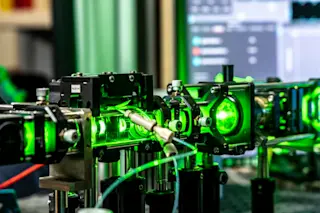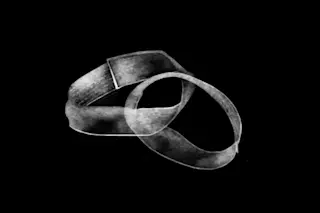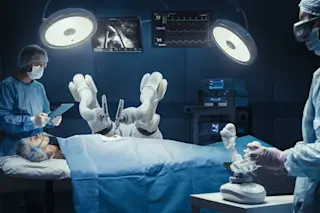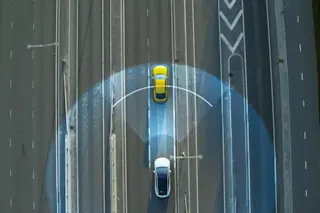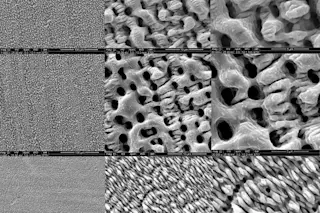As its first act, a self-driving truck proved it could safely deliver the most precious of cargo: 51,000 cans of Budweiser. Otto, the self-driving vehicle company owned by Uber, on Tuesday announced its prototype had successfully shipped suds from Fort Collins, Colo., to Colorado Springs. To “see” the road, the self-driving system used an array of cameras, radar, lidar and other sensors to follow other vehicles at a safe distance and keep it between the lines. Throughout the 120-mile journey, a professional driver chilled in the sleeper cabin in the back of the truck — you know, just in case. The delivery, however, was more symbolic than anything else — what scientists might call proof-of-concept. The human driver still navigated the vehicle onto Interstate 25 and activated its autonomous drive mode once it had merged into traffic. You see, Otto can only operate autonomously in relatively predictable highway traffic; city ...
Self-Driving Truck Completes 120-Mile Beer Run
Discover how self-driving truck delivery revolutionizes logistics with Otto's breakthrough Budweiser shipment.
More on Discover
Stay Curious
SubscribeTo The Magazine
Save up to 40% off the cover price when you subscribe to Discover magazine.
Subscribe


